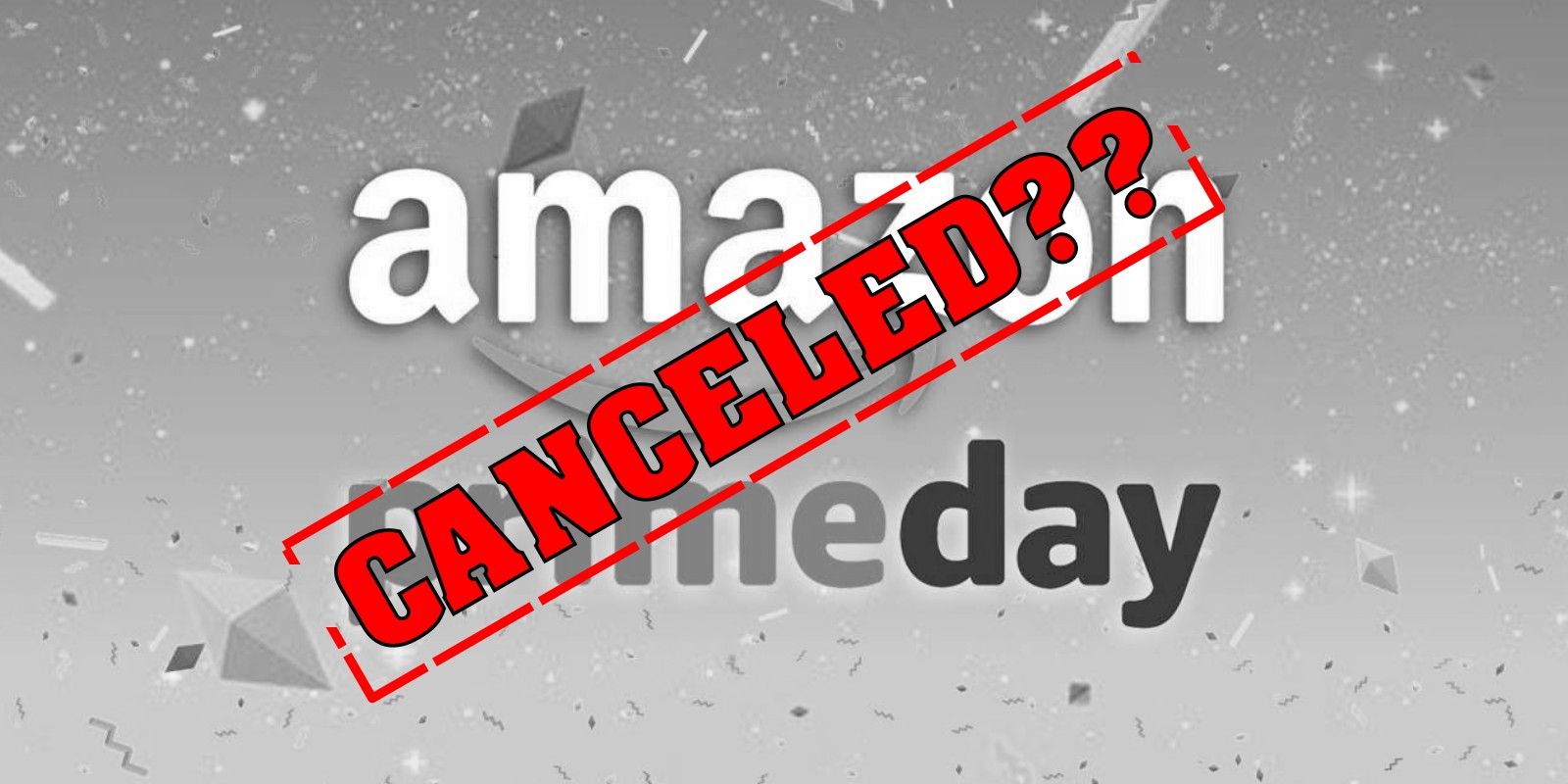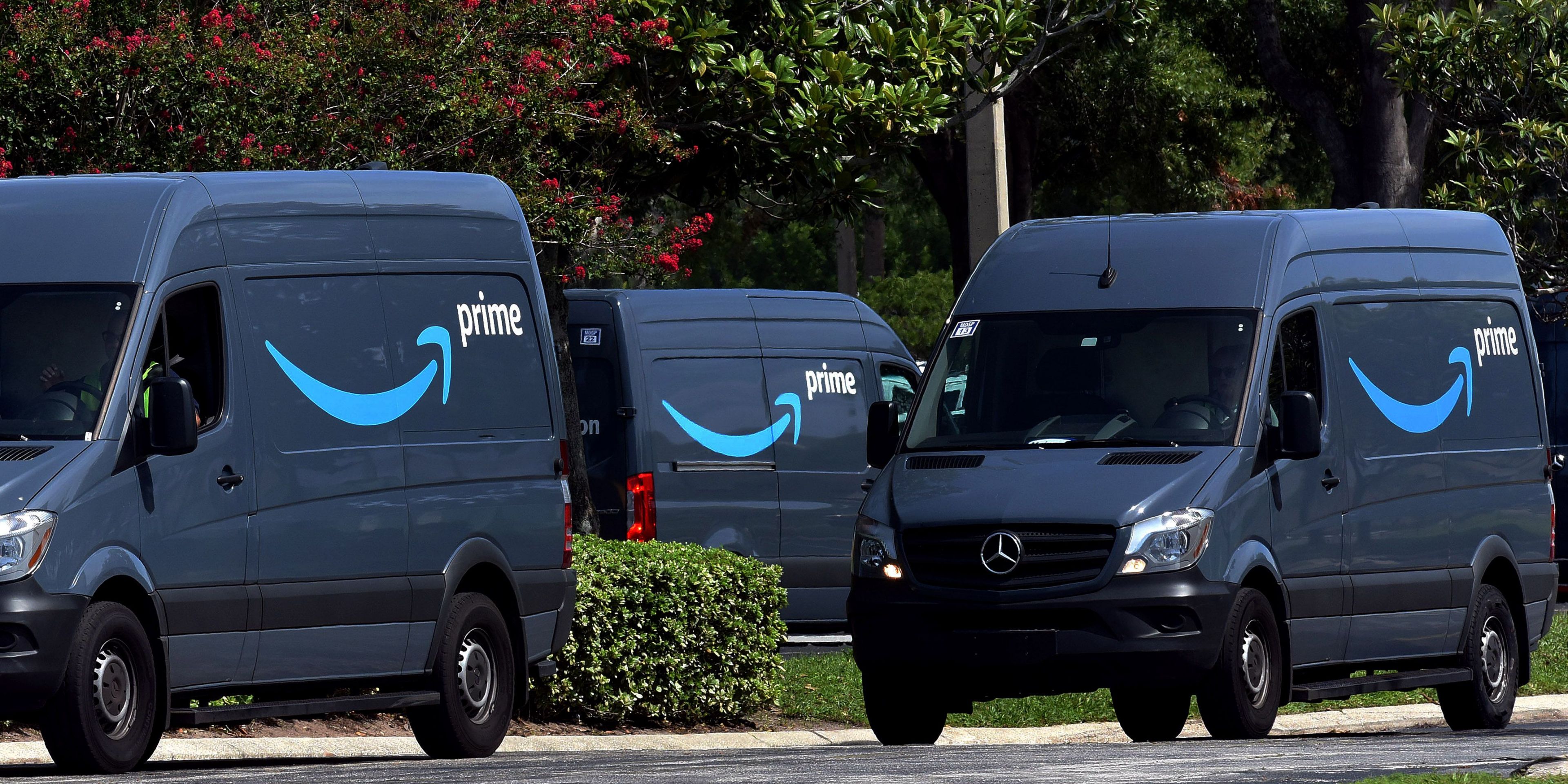As it struggles to keep up with the unexpected demands of online shoppers amidst the pandemic, Amazon is using different parts of its system to discourage people from buying things. From distribution philosophies to advertising plans, Amazon is being decidedly not-Amazon in the ways it does business right now.
The busiest time for online shopping annually is the late Fall and early Winter period: the holiday season. Because of the predictability of that particular shopping trend, outlets like Amazon are always able to prepare accordingly. Those Black Friday sales everyone goes nuts over aren't just retailers dumping what they have for cheap. They're usually carefully strategized deployments, and businesses adapt their entire distribution plans for the coming influx of shoppers. However, the outbreak of COVID-19 left stores on the backfoot, as most had a maximum of maybe three weeks to adjust. Small businesses and major corporations alike are still playing it all by ear, as everything has stopped except consumer demand.
A detailed report from The Wall Street Journal explains that, based on numerous people with knowledge of Amazon's business proceedings, the company is intentionally cutting back on its attempts to encourage shopping. There's so much demand for such specific products that Amazon is literally turning down money. On one hand, it's a noble goal to have. Amazon is a major part of all the online shopping in the US, and now that means it takes on the task of shipping people's essential goods, like disinfectants, toilet paper, and food. On the other, it puts people who depend on Amazon for other products or in other ways in an unfortunate position.
How Amazon Is Cutting Back to Keep Up with Demand
It began with the announcement that Amazon Prime users accustomed to one-or-two-day shipping should expect delays. Following that, in mid-March Amazon announced they'd be refusing certain non-essential suppliers temporarily as it condensed its supply chain to meet the demands of people panic-buying essential items. Since then, the company has started to think bigger and dig deeper.
The report mentions Amazon has completely abandoned its usual Mother's Day and Father's Day marketing plans. Amazon Prime Day, the company's mid-Summer sales blowout, has been delayed indefinitely and pushed out of its July date. It even cut back on advertising through Google. While these are perhaps admirable changes to make as the company tries to keep those in need supplied with crucial products, it has also had negative effects on those who do business through Amazon. Third-party sellers don't usually have shipping infrastructure, which is why Amazon has its "Fulfilled by Amazon" program. It will ship items sold by third-parties through its distribution channels for a fee. With the coronavirus putting a heavy strain on Amazon's warehouses, the site now encourages third parties to ship their items themselves. WSJ explains that Amazon has gone from shipping about 90% of third-party orders to about 70% in less than a month.
It's an unusual practice, to be sure. One of, if not the biggest retailer on Earth is using its impressive marketing and distribution logistics to stop people from buying things. Amazon stresses that these are all temporary changes, and that's probably true, but it's amazing to see any company asking us to keep our money.
Source: The Wall Street Journal


